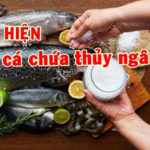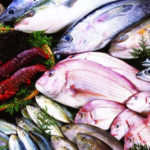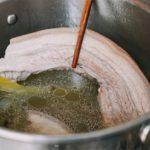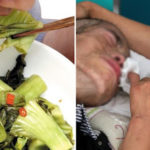Pregnancy is a crucial period when expectant mothers need to be cautious about their diet. The food a mother consumes can impact the health of both her and her baby. A healthy diet is essential for the fetus’s proper development. Therefore, not all foods are suitable during pregnancy.
1 Unpasteurized Dairy Products
Dairy products are known to be an excellent source of , , for the body. While drinking milk is beneficial for the development of the baby’s brain, bones, heart, and nervous system, not all types of milk are suitable for pregnant women. Unpasteurized dairy products contain high levels of bacteria that can be harmful to the health of the fetus. Excessive consumption may increase the risk of miscarriage.
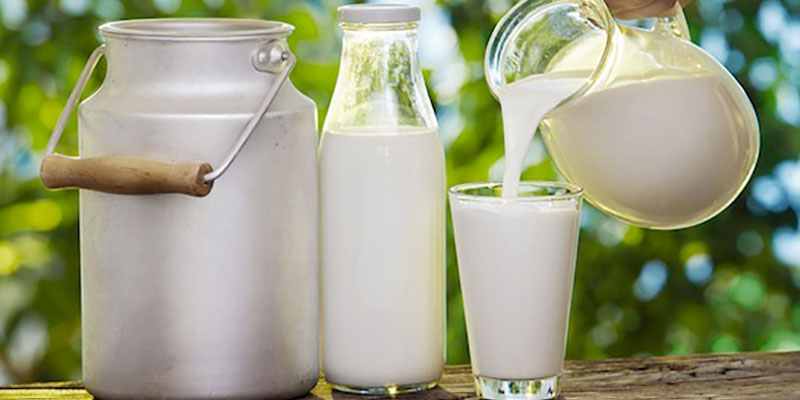
2 Raw or Undercooked Meat
Raw or undercooked meat may contain harmful bacteria and microorganisms that are invisible to the naked eye. If not adequately eliminated, these pathogens can enter the mother’s body and potentially cause infections or diseases in the fetus, such as worms, parasites, or diarrhea. It is best to avoid raw or undercooked meat during pregnancy and opt for well-cooked food to ensure safety.

3 Processed Meat
Processed meats like ham, turkey, bacon, and others may have high levels of Listeria bacteria. This bacterium can be life-threatening to both the mother and the unborn child if it enters their bodies. Pregnant women should refrain from consuming processed meat, while healthy adults can usually do so without significant risk.
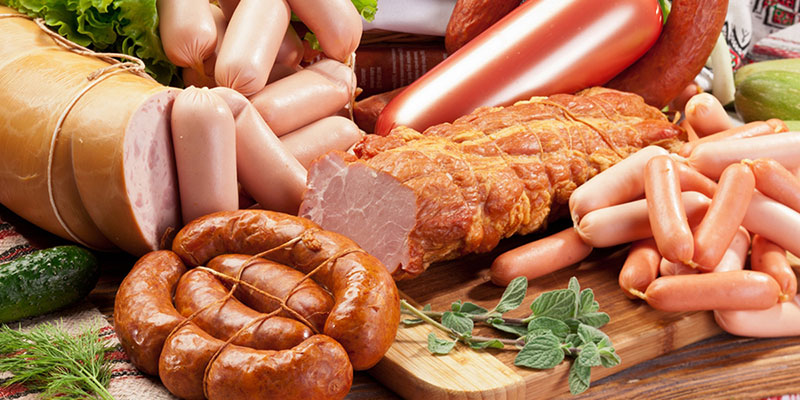
4 Fish with High Mercury Levels
Fish such as swordfish, large tuna, and canned albacore tuna often contain high levels of mercury. If consumed in large quantities by pregnant women, the accumulated mercury can damage the fetus’s nervous system. Therefore, it is advisable for expectant mothers to avoid these types of fish.
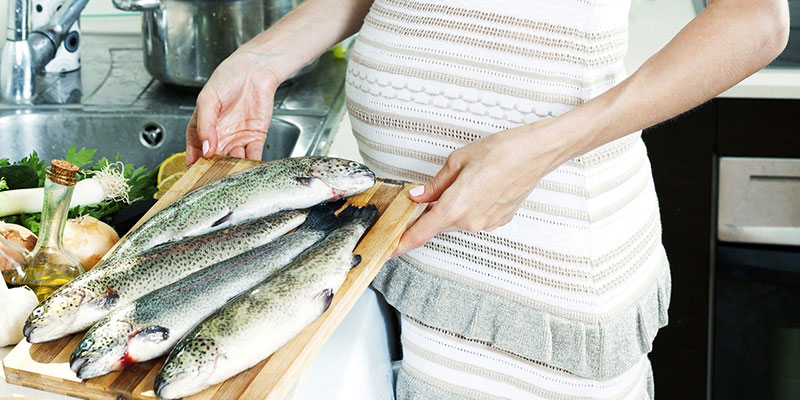
5 Coffee, Alcoholic Beverages
Coffee contains significant levels of Caffeine, and excessive consumption can lead to adverse effects, including an increased risk of miscarriage. Therefore, pregnant women should limit their coffee intake.
Similarly, alcoholic drinks, including beer and liquor, should be avoided during pregnancy as excessive consumption can be dangerous to the health and life of the fetus.

6 Green Papaya
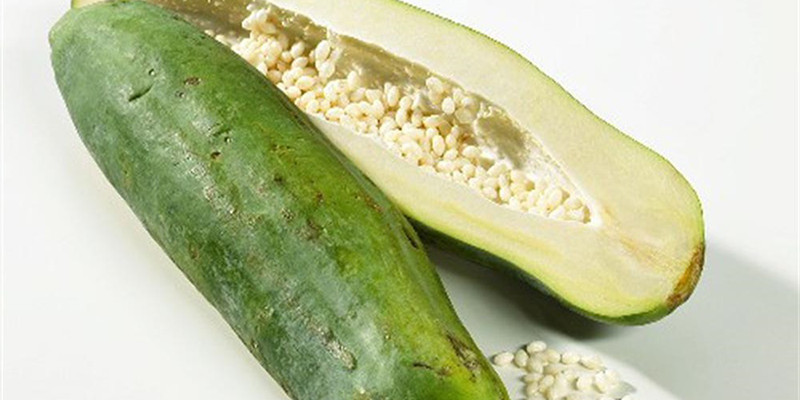
According to a study conducted on rats in India, the Papain substance in unripe papaya can destroy fetal cells, while Protaglandin and Oxytocin can cause strong uterine contractions, leading to miscarriage.
For further reference:
7 Tea
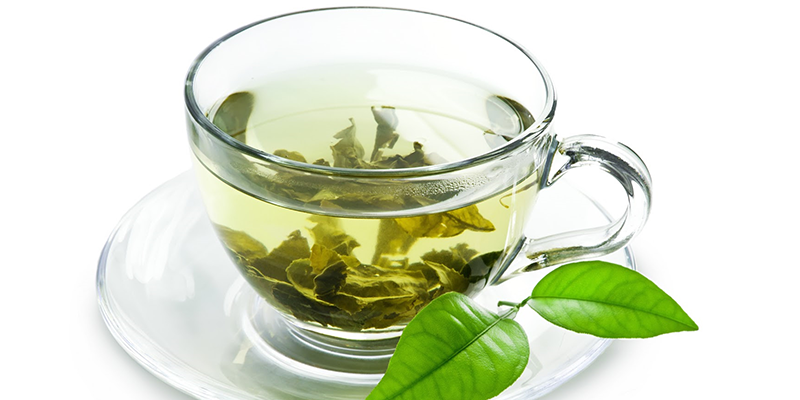
According to the US Food and Drug Administration (FDA), tea is on the list of beverages to be limited during pregnancy. Tea contains small amounts of Caffeine, which can impact the pregnancy. Additionally, herbal teas used as medicinal remedies may cause side effects.
8 Vietnamese Coriander (Rau Răm)
While Vietnamese coriander is not toxic, excessive consumption can have adverse effects. According to Eastern medicine practitioners, excessive intake of Vietnamese coriander can cause heatiness, reduce vital energy, and damage the marrow. Pregnant women should avoid consuming large quantities of this herb as it may lead to miscarriage.
For more information, refer to:
For further reference:
9 Instant Noodles
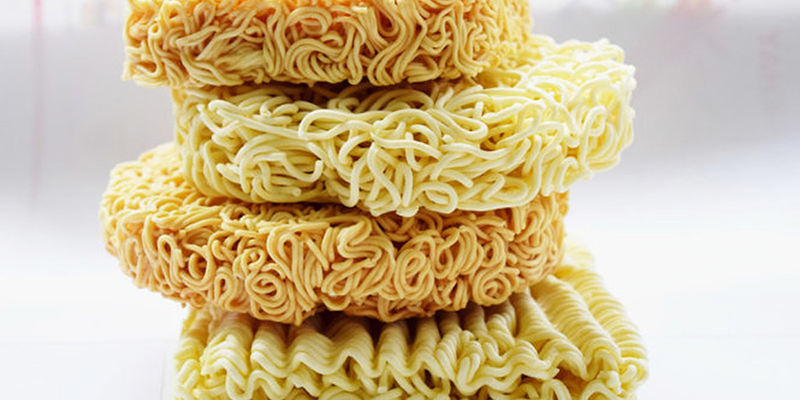
Instant noodles are not considered a healthy and balanced food option. They lack essential nutrients like vitamins, protein, fiber, and minerals. Additionally, their high sodium content can lead to hypertension if consumed frequently. Therefore, while pregnant women can occasionally eat instant noodles, it is advisable to limit their consumption.
10 Pork Liver
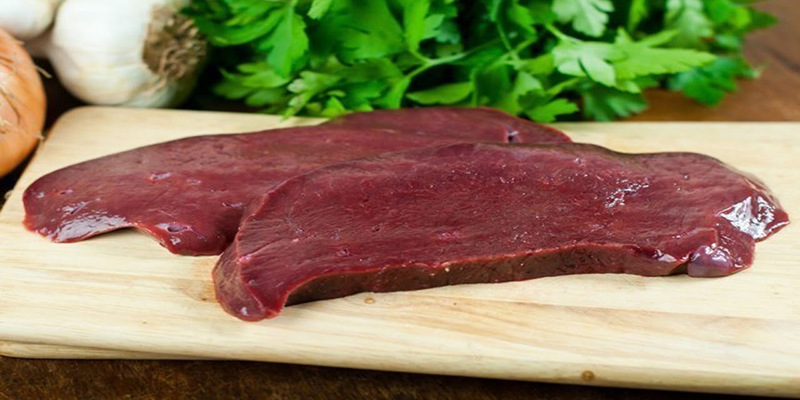
Pork liver, along with other animal livers, is on the restricted list for pregnant women. Liver, in general, has a very high Vitamin A content, about four times the amount your body needs. Excessive Vitamin A intake can lead to fetal malformations.
Nutritious foods for pregnant women:
Vitamin C is essential for the healthy development of the baby. Therefore, it is crucial to include vitamin C-rich foods in the diet during pregnancy. To learn more, read: .
Additionally, pregnant women should maintain a balanced diet that includes meat, fish, vegetables, and other nutritious foods to ensure the baby receives all the necessary nutrients for growth.
Pregnancy often comes with nausea and discomfort. To manage these symptoms, refer to: .
For further reference:
We hope this article helps expecting mothers make informed decisions about their diet during pregnancy to maintain their health and the well-being of their unborn child.
2. Deli Meat: Deli meats, such as ham, salami, and bologna, can be contaminated with listeria, which can cause serious infections in pregnant women.
3. Soft Cheeses: Soft cheeses, like feta, Brie, Camembert, and blue cheese, might contain listeria. Opt for hard cheeses instead.
4. Unpasteurized Juice and Milk: These can harbor harmful bacteria such as E. coli and salmonella. Always choose pasteurized options.
5. Raw Eggs: Raw or undercooked eggs may contain salmonella. Cook eggs until the yolks and whites are firm.
6. High-Mercury Fish: Fish with high mercury levels, including swordfish, shark, king mackerel, and tilefish, can harm the baby’s developing brain and nervous system.
7. Organ Meat: Liver, in particular, contains high levels of vitamin A, which can lead to birth defects when consumed in excess.
8. Unwashed Produce: Fruits and vegetables may carry toxoplasma, a parasite that can cause toxoplasmosis, an infection harmful to the fetus.
9. Caffeine: Excessive caffeine intake has been linked to an increased risk of miscarriage and low birth weight.
10. Alcohol: Alcohol consumption during pregnancy can lead to fetal alcohol spectrum disorders, causing physical and intellectual disabilities in the child.
























